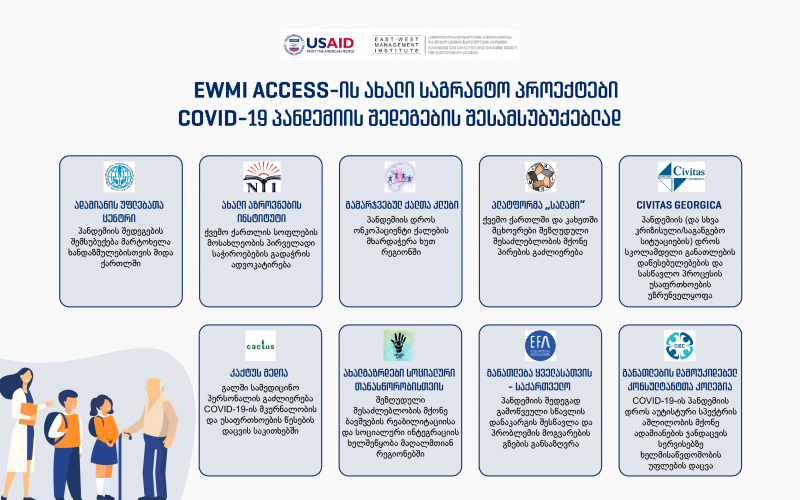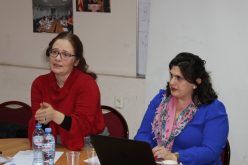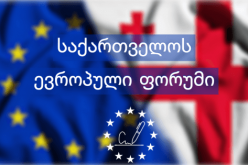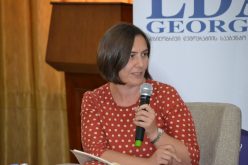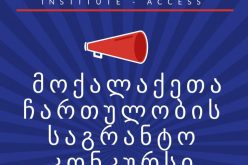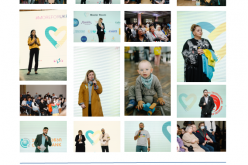EWMI ACCESS launches nine new projects aiming to address problems and challenges caused by the COVID-19 pandemic in Georgia. To this purpose, these projects will use a multitude of approaches, such as community mobilization and engagement, awareness-raising and capacity building, policy research and advocacy both at the local and national level.
All projects were selected through open grants competitions announced by EWMI ACCESS in October-November, 2020. Below is the list of implementing organizations and scopes of the projects:
1. Cactus Media – Building capacities of medical personnel in Gali to work with COVID-19 patients, raising their awareness of COVID-19 prevention, treatment, and hospital management; building bridges between youth in Gali and Zugdidi and entrusting them with joint activities to disseminate reliable information on COVID-19 among their peers.
2. Human Rights Center: Mitigating the impact of COVID-19 on elderly people in Shida Kartli through community mobilization and advocacy, supporting community-based volunteer response to their needs and advocating these needs before local and national authorities and other stakeholders.
3. New Thinking Institute: Identifying and addressing the primary needs and problems of ethnic minority communities in Kvemo Kartli during the pandemic, empowering nine village community centers in Marneuli and Gardabani municipalities to address the social support, public information, and advocacy needs of their communities.
4. Platform “Salam”: Mobilizing and empowering persons with disabilities (PwDs) in Kvemo Kartli to voice their primary problems during the pandemic and call for their resolution. Strengthening PwD groups through networking, outreach, and advocacy.
5. Winner Women’s Club: Reducing harmful impact of COVID-19 on breast cancer patients in five municipalities of Georgia through psycho-emotional and peer support, increasing the accessibility to protocols related to the treatment of cancer-patients during the pandemic among the front-line healthcare workers.
6. Youth for Social Equality: Promoting the rehabilitation and integration of children with disabilities in the mountainous villages of Georgia during the pandemic, working closely with parents of PwD children and facilitating networking and collaboration among them to help address issues of common concern.
7. Civitas Georgica: Studying and improving infrastructural safety, the safety of the educational process, and staff safety in the Georgian preschools and kindergartens, as well as increasing access to an uninterrupted early childhood education during the pandemic and other crisis/emergency situations.
8. Coalition Education for All: Studying the learning loss in Georgia caused by the COVID-19 disruption of the education process, working with key stakeholders to identify and develop viable strategies for filling the gaps.
9. Collegium of Independent Educational Consultants: Protecting the rights and interests of people with autism spectrum disorder (ASD) and their families during the pandemic with a special focus on their right to equitable healthcare, mobilizing civil society and private sector resources to (a) identify and highlight the key barriers to healthcare delivery and access for people with ASD and (b) propose and promote a pilot model for treatment planning and service delivery that meets their needs.



